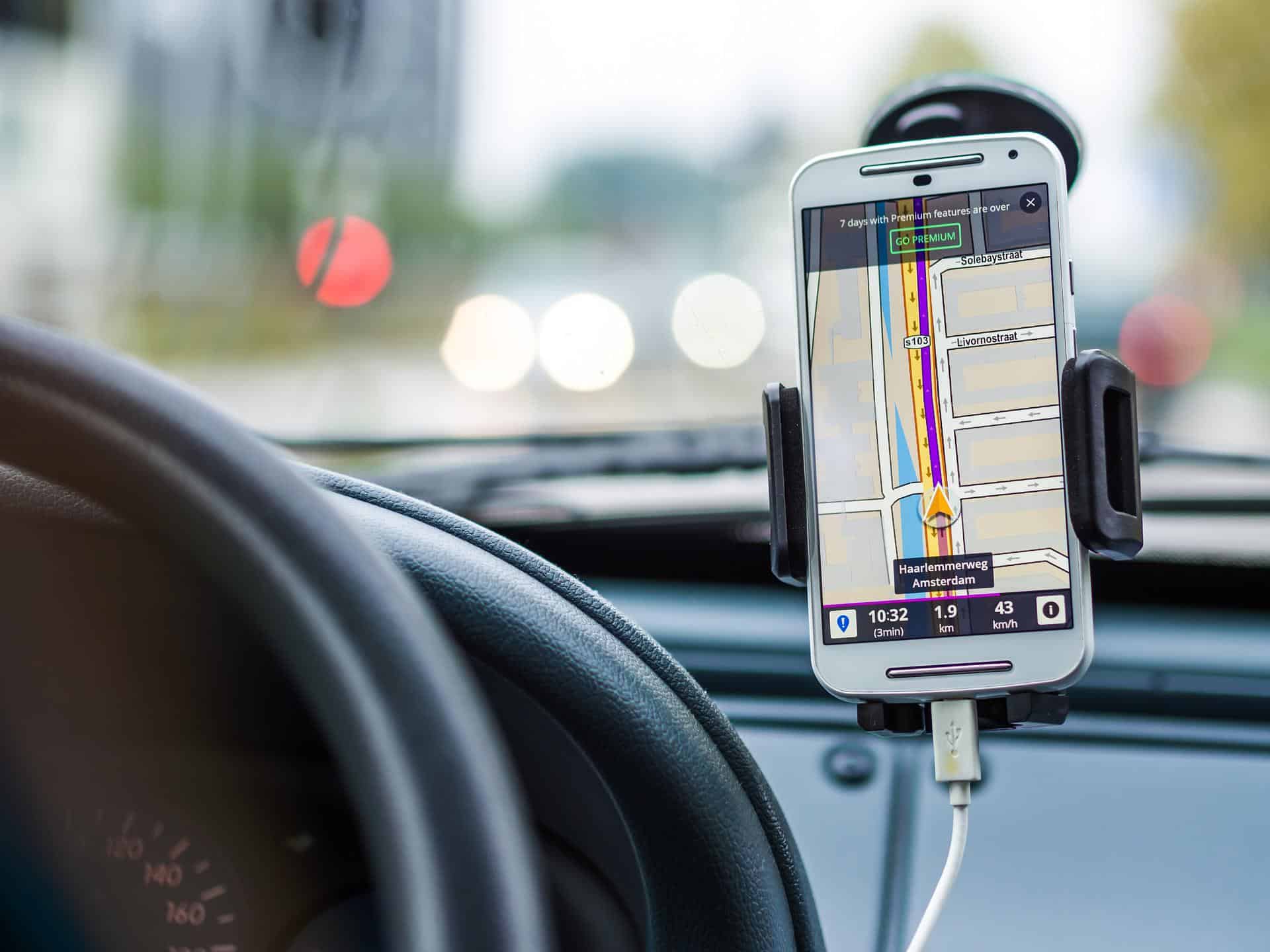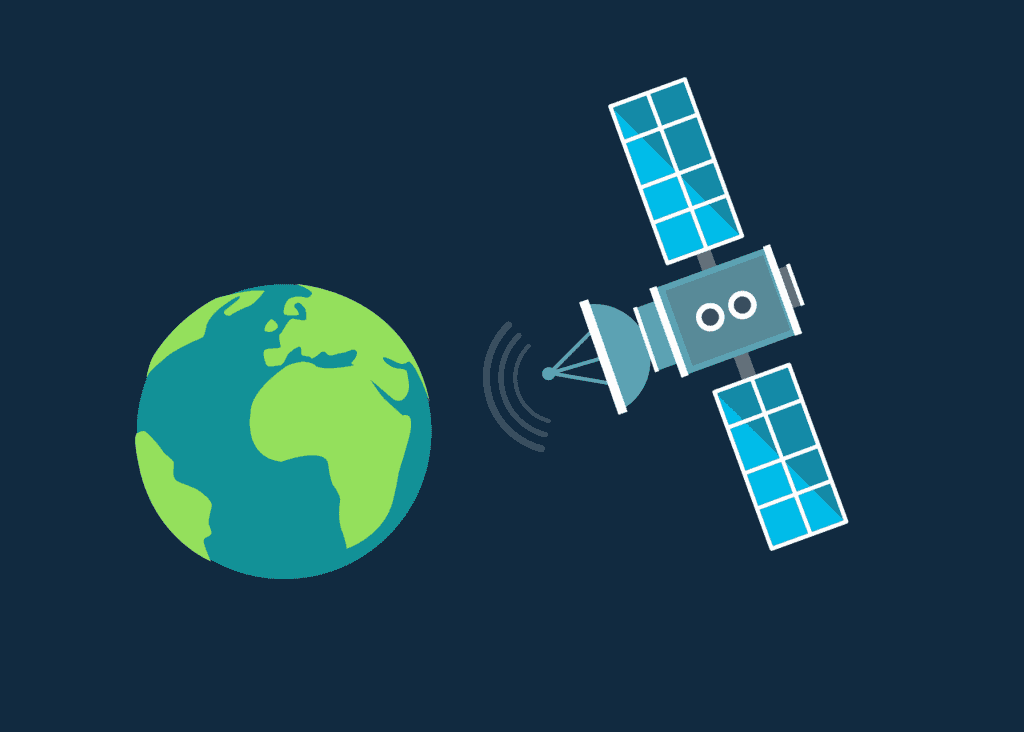
Introduction
You’re out for a run in your neighborhood, and suddenly you notice that the route you’re taking is a lot different from the one you mapped out. Or worse, you end up in the wrong part of town. Chances are, your GPS has been spoofed.
But what is it? And more importantly, how can you prevent it from happening?
In this post, we’ll introduce you to GPS spoofing and tell you how to stop it from happening.
What Is GPS Spoofing?
It is a method of manipulating or falsifying a GPS signal to gain an advantage. For example, a hacker could send a false GPS signal to a driver’s navigation system, causing them to steer off course.
There are a few ways to prevent it from happening, but the most important is awareness. If you’re aware of the dangers of GPS spoofing, you’ll be less likely to fall victim to it. Here are a few tips on how to stop GPS spoofing before it happens:
- Don’t use public Wi-Fi hotspots when navigating.
- Use a VPN service when travelling abroad. Check the PrivacyJournal review article on the best VPN services.
- Check your device’s settings for built-in security features.
How Does GPS Spoofing Work?
It is a technique that allows someone to manipulate or falsify their location data. This can be done in a number of ways, but most commonly involves broadcasting a fake signal that tricks GPS receivers into thinking you’re somewhere you’re not.
This can be a dangerous thing, as it can allow people to get away with crimes by masking their true location, or even cause chaos by making it look like an entire city is in the wrong place. So, how can you stop GPS spoofing from happening?
There are a few things you can do to help protect yourself from GPS spoofing attacks. Firstly, always make sure your device has the latest software update, as manufacturers often release updates that patch up security vulnerabilities. You can also install anti-spoofing software on your device, which will help to detect and block fake GPS signals. And lastly, be aware of what’s going on around you and if something seems off, don’t be afraid to speak up.

Who Is at Risk for GPS Spoofing?
So far we’ve talked about what GPS spoofing is and how to detect it, but who is actually at risk for being spoofed?
Essentially, anyone who relies on GPS tracking is susceptible, including commercial and passenger vehicles, cargo ships and even aircraft. In fact, spoofing has been used to interfere with maritime navigation, and there have even been cases of GPS spoofing being used to divert planes.
The good news is that there are ways to protect yourself against GPS spoofing. To start, always make sure you have the latest software updates and security patches installed on your devices. You can also install software that can help detect it, such as the TomTom Watchdog app. Finally, always be aware of your surroundings and any potential threats. If something seems off or out of the ordinary, trust your gut and take action.
What Are the Consequences of GPS Spoofing?
You may not have heard of GPS spoofing before, but it’s a technique that’s growing in popularity among criminals and hackers. So what is GPS spoofing, and what are the consequences of it?
GPS spoofing is a method of fooling a GPS receiver into thinking that it is located somewhere else. This can be done easily with a simple GPS spoofing tool, which can be purchased or downloaded online. Once you have the tool, you can easily manipulate your location data to make it look like you’re in a different city or country.
There are many potential ways that GPS spoofing could be used. One example would be to cause someone to believe that they are going in the wrong direction while driving. Another way that GPS spoofing could potentially be used is to make it seem like a person is not where they say they are. This could be useful for people who want to commit crimes without getting caught.
The consequences of GPS spoofing can be serious. It can not only be used to commit crimes and fraud, but it can also be used to track or monitor someone’s movements without their knowledge. It’s important to be aware of the risks of GPS spoofing and to take steps to prevent it from happening.

How Can You Protect Yourself From GPS Spoofing?
Now that you know what GPS spoofing is and how it can be used to manipulate your location, it’s time to learn how to protect yourself from it. There are a few things you can do to make sure that you do not become a victim:
First, always double-check the location displayed on your map against the location displayed on your device. If they don’t match, there’s a good chance you’ve been spoofed.
Second, use an app or tool that can verify your location. These tools use GPS, cellular data, or Wi-Fi to confirm your location and will alert you if it detects any changes.
Third, be aware of what you share online. If you’re not sure whether a website is legitimate or not, don’t enter any personal information.
Finally, keep your devices updated with the latest software and security patches. This will help to protect your device from any potential vulnerabilities that could be exploited by GPS spoofers.
What Should You Do if You Suspect GPS Spoofing?
If you think that someone is GPS spoofing your location, the best thing to do is to change your password and contact your service provider immediately. Your service provider can help you determine if your device has been compromised and help you take steps to protect yourself from future attacks.
There are a few things you can do to help protect yourself from GPS spoofing attacks. Firstly, always make sure your device has the latest software update, as manufacturers often release updates that patch up security vulnerabilities. You can also install anti-spoofing software on your device, which will help to detect and block fake GPS signals. And lastly, be aware of what’s going on around you and if something seems off, don’t be afraid to speak up.
Conclusion
GPS spoofing is a technique that can be used to manipulate or deceive GPS receivers into providing false positional information. There are many reasons why someone might want to do this, but fortunately, there are also several ways to prevent it from happening.
